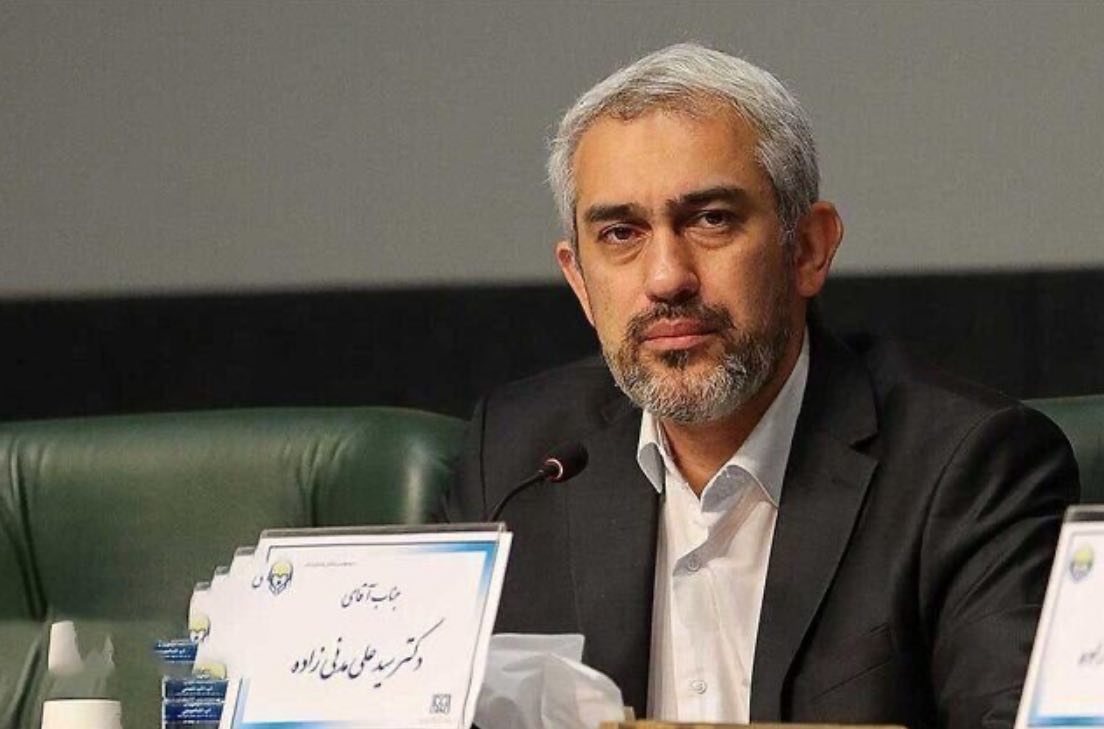Ali Madanizadeh, an economist from Sharif University, a scientific choice for the Ministry of Economy
Ali Madanizadeh, an economist from Sharif University, a scientific choice for the Ministry of Economy
Ultimately, regarding the introduction of the candidate for the Ministry of Economy, the government introduced Seyed Ali Madanizadeh as the candidate for the Ministry of Economic Affairs and Finance to the parliament.
An academic figure with an academic and executive record in the field of economic policymaking, who is considered by many observers as a symbol of the connection between economic science and decision-making at the macro level.
From the University of Chicago to the economic policymaking scene
Madanizadeh, born in 1979, completed his first academic step in electrical engineering at Sharif University of Technology.
However, his path later shifted towards economics, and he received a master’s degree in scientific computing from Stanford University.
The pinnacle of his higher education was obtaining a PhD in economics from the University of Chicago, a university renowned globally for nurturing Nobel laureates and architects of the free market economic school.
His return to Iran was accompanied by a focus on education and research.
Madanizadeh is currently a faculty member and the dean of the School of Management and Economics at Sharif University, where many of the country’s future policymakers graduate from.
Combining science and practice in economic management
Ali Madanizadeh is not just an academic theorist; he also has a rich background in executive fields.
His presence in the Monetary and Banking Research Institute of the Central Bank, collaboration with the Plan and Budget Organization, and membership in economic advisory bodies are part of his executive record.
He also has a history of advising on the design of macro monetary and fiscal policies.
Madanizadeh’s views are more solution-oriented than merely critical.
He believes that a large part of the chronic economic problems of Iran, such as chronic inflation and structural budget deficits, stem from the lack of coordination between upstream documents and the government’s real resources.
In his opinion, the government often creates financial commitments outside the framework of the official budget, leading to macroeconomic instability.
Defending the independence of the Central Bank
Among the important issues in Madanizadeh’s positions is the necessity of the Central Bank’s independence, a topic that has always been a point of contention between policymakers and economists.
He has explicitly stated that as long as the Central Bank cannot make decisions independent of the government’s will, it will not be possible to control inflation in the country.
In this regard, he has repeatedly emphasized the importance of establishing independent oversight institutions, transparency in government revenue and expenditure, and designing an efficient tax system. His view is based on global experiences in controlling inflation and strengthening financial stability.
Madanizadeh goes to Baharestan
Finally, after various speculations and the mention of many economists’ names, Madanizadeh was introduced to the parliament at the last legal moment.
In a situation where Iran’s economy faces challenges such as recession, budget deficits, high inflation, and market instability, the presence of an academic and Western-educated figure at the head of one of the most key ministries can both signal a change in approach and be a tough test for the proposed minister himself.
Conclusion
Madanizadeh represents a generation of Iranian economists who, by leveraging international education and domestic experience, can build a bridge between theory and practice.
If officially introduced and receiving a vote of confidence from the parliament, he will face one of the toughest economic missions since the revolution: rebuilding public trust in the government’s economic policies.

